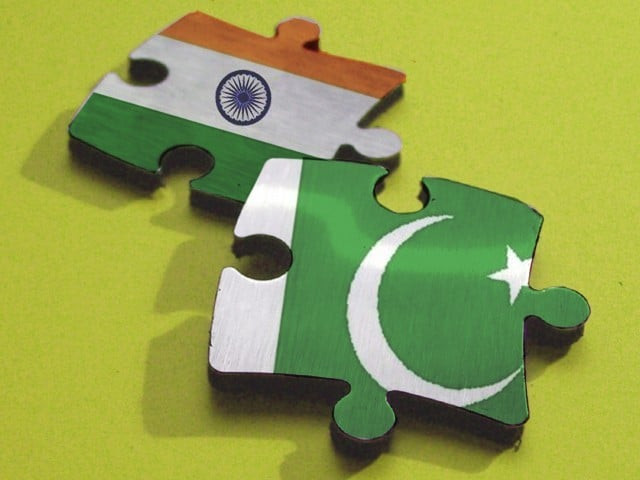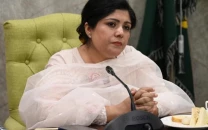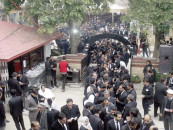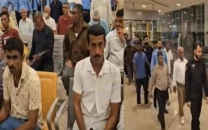Shared heritage: Journalist discovers host of similarities in Delhi and its people
“I found that the common, shared past and present were far more potent than imagined hostility,” says Rumi.

What Rumi, a writer and policy analyst, noticed at the shrine, was that the majority of devotees were non-Muslims. PHOTO: FILE
It took just one visit to the shrine of Hazrat Nizamuddin Aulia in Delhi to debunk any stereotypical view Raza Rumi had about India, cemented by an ultra-right narrative in Pakistan, which is reciprocated by a fundamentalist narrative in India.
What Rumi, a writer and policy analyst, noticed at the shrine, was that the majority of devotees were non-Muslims. It was a striking example of the messages of secularism and love preached by the 13th century Sufi saint, which Rumi noticed had somehow survived for some 700 years in Delhi, one of the three historical centres of culture in the subcontinent alongside Lahore and Lucknow. Those Sufi messages of plurality and inclusivity in part became the basis of Rumi’s first book “Delhi by Heart: Impressions of a Pakistani Traveller,” published in 2013, from which he read passages at a reading session organised by the Asian Study Group at a local hotel on Wednesday.
“I found that the common, shared past and present were far more potent than imagined hostility,” Rumi said, before he read a passage that explained the deeply personal connection his family had with Sufism.

Rumi told The Express Tribune he first went to Delhi on a business trip while working for the Asian Development Bank. To escape the monotony of work, he started exploring the city and was struck by the common heritage he could uncover just by observation. More trips in the past few years led to the completion of the book, Rumi said.
But “Delhi by Heart” is not just a travelogue. It weaves in historical accounts and research to construct the story of a civilisation that arguably has transformed but not lost, and so it transcends just the fondness for a city.
“Raza, however, is not in love with the city,” said Harris Khalique, a writer and poet, who moderated the reading session. “He is in love with what might be called the Indo-Persian civilisation, which was secular and plural and inclusive.”
Khalique said Rumi wrote not just from nostalgia but follows Delhi from its present to its past, taking in to account the history and the dwellers of the city.
In another passage Rumi read to a small hall filled with people so completely some had to stand up near the door, he recounted his meeting in Delhi with Qurratulain Hyder, perhaps the finest Urdu novelists of the 20th century, before the iconic writer died in 2007.
Rumi’s impressions of that meeting at once betray his fanboy nervousness at meeting the famous writer and express subtly the fading out of a civilisation, which is being usurped by modernity and ignorance. The civilisation, transformed as it has over time, is not done and dusted just yet, he added.
“The civilisation is in peril, but our lived traditions of harmony continue and we need to cherish them,” he said. Rumi said that nation state mantras have overshadowed shared heritage and although it isn’t practical to do away with the nation state model entirely, India and Pakistan need to shun conflict and perhaps adopt a European Union-like model.
Published in The Express Tribune, December 6th, 2013.



















COMMENTS
Comments are moderated and generally will be posted if they are on-topic and not abusive.
For more information, please see our Comments FAQ